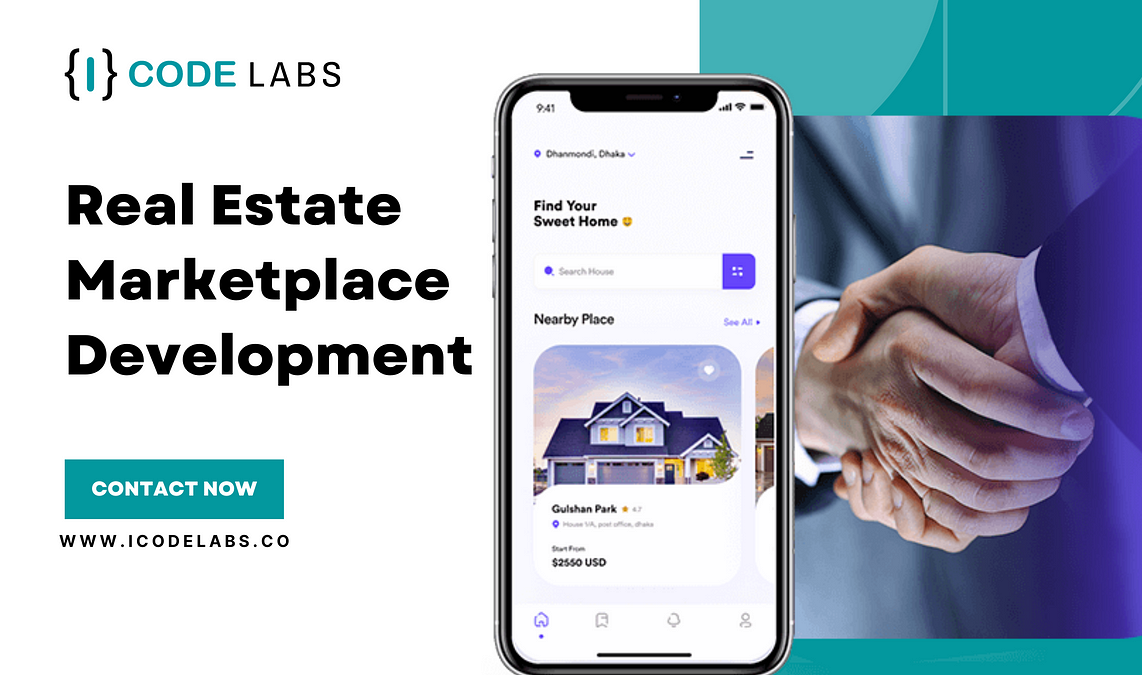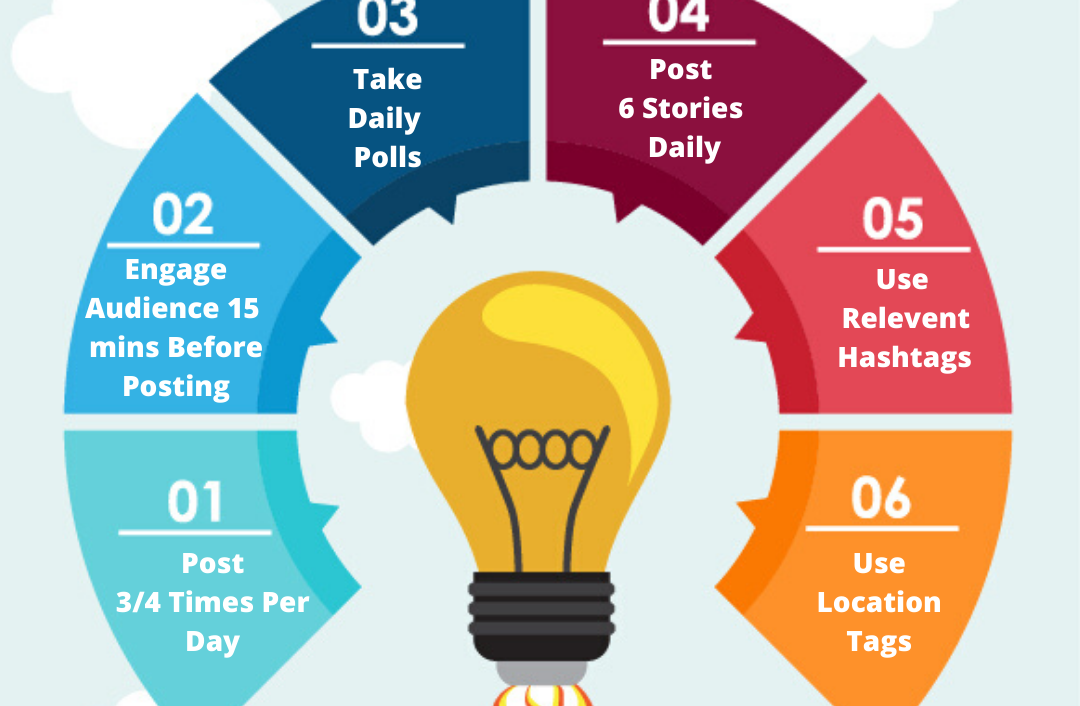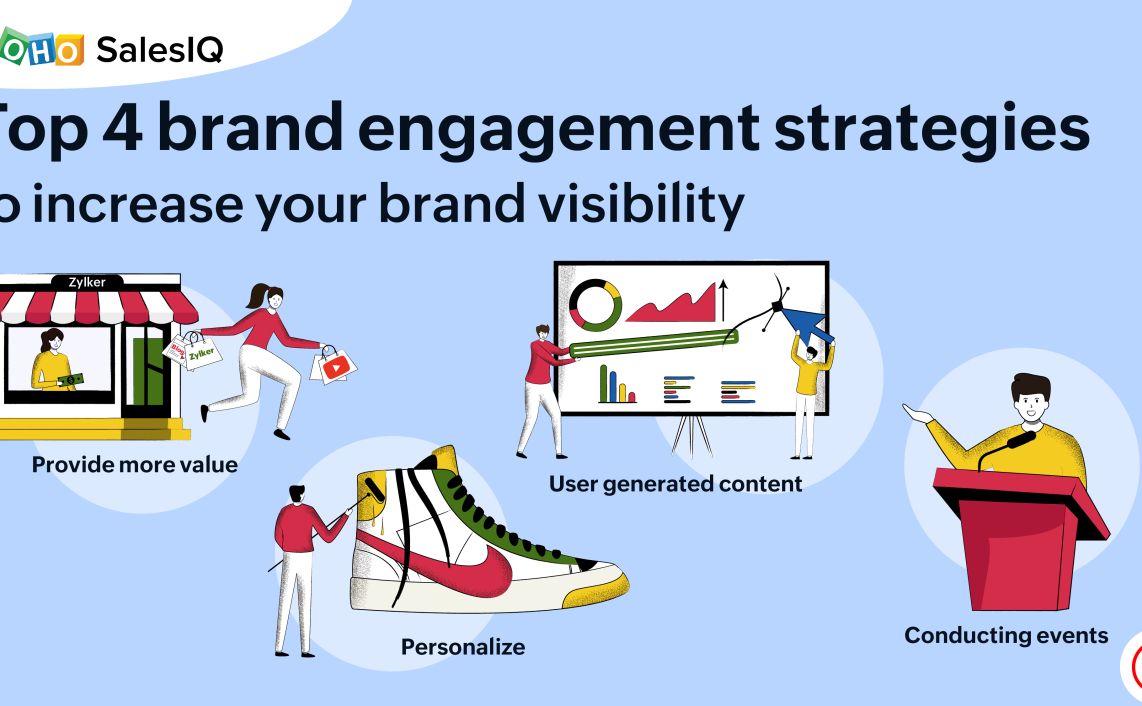Strategies For Amplifying Brand Awareness In A Crowded Marketplace
In today’s highly competitive business landscape, capturing the attention of potential customers is more challenging than ever. To stand out in a crowded marketplace, businesses need to implement effective strategies to amplify their brand awareness. Here are several essential strategies for increasing brand visibility:
1. Cultivate Thought Leadership:
Positioning your brand as a thought leader in your industry can enhance credibility and establish your company as a valuable resource. Create high-quality content, such as white papers, articles, and webinars, that provide insights, research, and practical solutions to industry challenges.
2. Leverage Social Media:
Social media platforms offer a powerful avenue for reaching target audiences. Create engaging content that aligns with your brand’s tone and values, and utilize social media advertising to reach a wider audience. Engage with followers, respond to comments, and run contests to foster interaction and build a loyal community.
3. Implement Influencer Marketing:
Collaborating with influencers can amplify your brand’s reach and credibility. Identify influencers who align with your target audience and whose values resonate with your brand. Provide them with valuable products or services in exchange for genuine reviews, mentions, and promotions.
4. Seek Strategic Partnerships:
Forming partnerships with complementary businesses can provide cross-promotional opportunities and expand your brand’s reach. Partner with companies that serve your target audience or share similar values, and explore joint marketing campaigns, guest appearances, or co-branded content to leverage the combined audience.
5. Utilize Search Engine Optimization (SEO):
Optimizing your website and content for relevant keywords can increase your visibility in search engine results pages (SERPs). Conduct keyword research, create high-quality content that addresses search queries, and build high-authority backlinks to improve your website’s ranking and drive organic traffic.
6. Utilize Paid Advertising:
Paid advertising platforms, such as Google Ads and social media ads, can help you reach specific target audiences and generate immediate traffic. Define clear campaign goals, determine appropriate targeting parameters, and monitor results to optimize your campaigns for maximum return on investment (ROI).
7. Engage in Public Relations (PR):
Engaging with journalists, bloggers, and industry publications can generate positive media coverage for your brand. Share newsworthy stories, pitch for guest articles, and respond to media inquiries to build relationships and secure valuable backlinks.
8. Create Brand Ambassadors:
Identify loyal customers who are passionate about your brand and offer them incentives to become advocates. Provide them with exclusive perks or rewards in exchange for positive reviews, social media mentions, and referrals.
9. Host Events and Webinars:
Hosting industry events, workshops, or webinars can provide valuable information to your target audience and increase brand exposure. Share industry insights, demonstrate your products or services, and engage in networking opportunities to build relationships and generate leads.
10. Track and Measure Results:
Regularly tracking and measuring the success of your brand awareness strategies is crucial for optimization. Set clear metrics, track key performance indicators (KPIs), such as website traffic, social media engagement, and lead generation, and make data-driven adjustments to improve your campaigns over time.## Strategies For Amplifying Brand Awareness In A Crowded Marketplace
Executive Summary
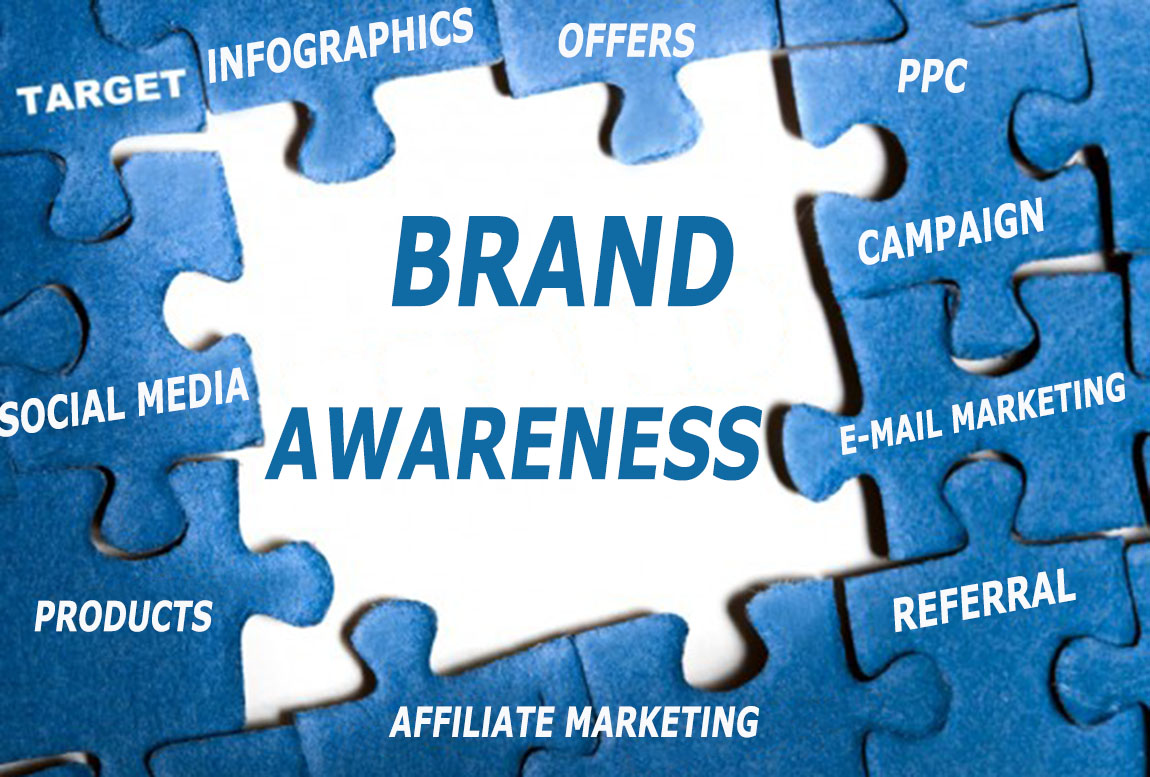
The competitive landscape is more saturated than ever before, and brands are struggling to amplify their brand awareness. This article provides a comprehensive guide to effective strategies for increasing brand visibility and engagement in a crowded marketplace.

Introduction: The Imperative of Brand Awareness
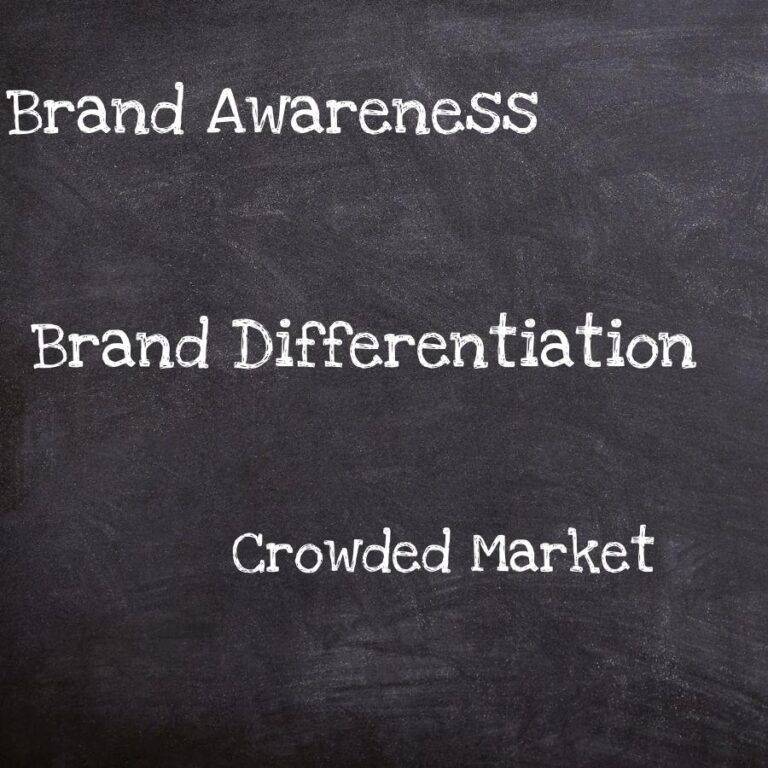
In today’s digital age, brand awareness is essential for business success. It enables brands to connect with the right audience, build trust, and drive sales. Unfortunately, the path to brand awareness is strewn with challenges, from overwhelming competition to fragmented media consumption habits.
5 Strategies to Augment Brand Awareness:
1. Content Marketing
Content marketing involves creating and distributing valuable, relevant, and consistent content to attract and engage a target audience. This strategy is highly effective in building trust, establishing thought leadership, and driving organic traffic.
- Types of Content: Blog Posts, White Papers, Videos, Infographics, Podcasts
- Content Distribution: Social Media, Email Marketing, Website, Guest Posting
- Content Optimization: SEO, Keyword Research, User Engagement
- Content Promotion: Paid Ads, Influencer Marketing, Content Syndication
- Content Measurement: Analytics, Key Performance Indicators (KPIs), Google Search Console
2. Social Media Marketing
Social media platforms offer a powerful avenue to connect with customers, build relationships, and expand brand reach. This strategy enables brands to engage with their audience, share content, run targeted ads, and foster community.
- Platform Selection: Identify platforms where the target audience is active
- Content Strategy: Develop engaging, shareable content tailored to each platform
- Community Building: Host Q&A sessions, contests, and giveaways
- Social Media Ads: Utilize targeted ads to reach specific demographics and interests
- Social Listening: Monitor mentions, track trends, and respond to customer feedback
3. Search Engine Optimization (SEO)
SEO involves optimizing a website and its content to improve its visibility and ranking in search engine results pages (SERPs). This strategy is crucial for driving organic traffic to a website and increasing brand awareness.
- Keyword Research: Identify relevant keywords that potential customers are searching for
- On-Page Optimization: Optimize website structure, content, and technical aspects
- Off-Page Optimization: Acquire backlinks from reputable websites
- Content Marketing for SEO: Create high-quality content that naturally incorporates targeted keywords
- Technical SEO: Optimize website speed, mobile responsiveness, and user experience
4. Influencer Marketing
Influencer marketing entails partnering with individuals or brands who have a significant following in the target market. This strategy enables brands to tap into the credibility, reach, and engagement of influencers to promote their products or services.
- Influencer Identification: Find influencers who align with the brand’s values, target audience, and niche
- Content Creation: Collaborate with influencers to create engaging, authentic content
- Proven Track Record: Analyze influencers’ past collaborations and track record of engagement
- Measurement and Evaluation: Track campaign performance, measure reach, engagement, and conversions
- Niche Alignment: Ensure that the influencer’s audience closely matches the brand’s target market
5. Public Relations (PR)
PR involves strategically communicating with the media and public to shape perceptions and build brand reputation. This strategy leverages earned media coverage, press releases, media outreach, and crisis communication to enhance brand awareness and credibility.
- Media Relations: Nurture relationships with journalists and media outlets
- Content Pitches: Develop and distribute newsworthy content that aligns with media agendas
- Event Management: Host or sponsor industry events to generate publicity
- Crisis Management: Develop and implement a plan to manage potential reputational risks
- Publicity Measurement: Track media coverage, analyze sentiment, and measure publicity reach and effectiveness
Conclusion: Amplify Your Brand’s Impact
In an increasingly competitive marketplace, brands need to adopt a multifaceted approach to amplifying their brand awareness. The strategies outlined in this article provide a comprehensive blueprint for establishing a strong brand presence, building relationships with customers, and driving business growth. By implementing these strategies effectively, businesses can emerge as recognizable and trusted brands, capturing the attention of their target audience and achieving long-term success.
Keyword Tags
- brand awareness
- content marketing
- search engine optimization (SEO)
- influencer marketing
- public relations (PR)
Frequently Asked Questions (FAQs)
- How can I measure the effectiveness of my brand awareness campaigns?
- Track key performance indicators such as website traffic, social media engagement, and media coverage.
- Use analytics tools to monitor campaign reach, impressions, and click-through rates.
- Which social media platforms are best for brand awareness?
- The most effective platforms depend on the target audience demographics and industry.
- Consider platforms with a high user base, active engagement, and visual-first content formats.
- Is it important to optimize my website for mobile?
- Yes, mobile responsiveness is crucial for SEO and user experience.
- Ensure that your website is fast-loading, mobile-friendly, and easy to navigate on all devices.
- How can I find influencers who are aligned with my brand?
- Use influencer marketing platforms and research tools to identify influencers who match your niche, target audience, and engagement metrics.
- What are the ethical considerations for influencer marketing?
- Ensure transparency and disclose sponsored content.
- Partner with influencers who genuinely align with your brand values and provide authentic recommendations.



